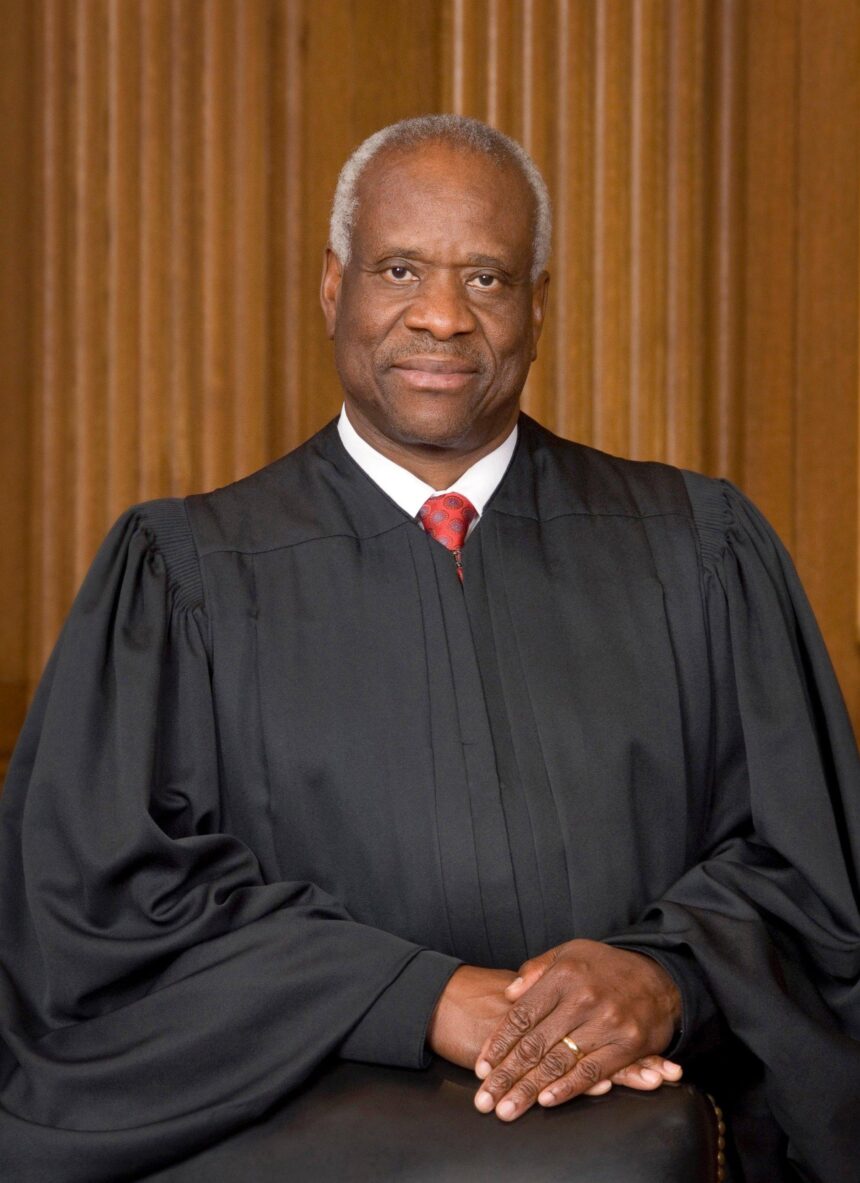In a rare public rebuke, Justice Ketanji Brown Jackson chastised her fellow Supreme Court justices for what she described as “misunderstanding the assignment” in the recent case involving transgender rights and passports. The clash exposes deep divisions on the nation’s highest court over how to interpret federal protections for transgender individuals, highlighting the ongoing cultural and legal battles shaping America’s judiciary. Justice Jackson’s pointed remarks underscore the stakes of the case, which centers on whether transgender Americans can obtain passports that reflect their gender identity – a decision with profound implications for civil rights and government recognition.
Justice Jackson Criticizes Supreme Court Peers for Flawed Interpretation in Transgender Passport Dispute
Justice Ketanji Brown Jackson delivered a scathing critique during the recent Supreme Court ruling on the transgender passport dispute, asserting that several of her colleagues demonstrated a fundamental misunderstanding of the legal framework involved. In her sharply worded dissent, Justice Jackson accused her fellow justices of oversimplifying the complexities surrounding identity documentation and civil rights protections. She emphasized that the case demanded a nuanced interpretation of federal statutes meant to safeguard transgender individuals, which she felt was notably absent in the majority opinion. Her remarks highlight growing tensions within the Court regarding the intersection of law, identity, and administrative policy.
The core points of Justice Jackson’s dissent included:
- Misapplication of Precedent: Argued the Court failed to account for established rulings protecting gender identity under civil rights statutes.
- Overreach in Administrative Interpretation: Criticized the majority’s narrow reading of regulatory guidelines which, according to her, weakens transgender rights.
- Ignoring Social and Legal Realities: Highlighted how overlooking lived experiences of transgender people undermines the law’s intent to ensure equal treatment.
| Justice | Position on Case | Key Concern |
|---|---|---|
| Ketanji Brown Jackson | Dissent | Misinterpretation of civil rights protections |
| Chief Justice Roberts | Majority | Strict regulatory interpretation |
| Justice Alito | Majority | Administrative autonomy |
| Justice Sotomayor | Dissent | Impact on marginalized communities |
Examining the Legal and Social Implications of the Court’s Decision on Transgender Rights
Justice Jackson’s rebuke highlights a pivotal moment in the evolving landscape of transgender rights, underscoring the court’s struggle to fully grasp the nuanced realities faced by the transgender community. The decision in the trans passport case not only affects legal recognition but also reverberates through social spheres, influencing public policy and everyday experiences. By chastising her colleagues for having “misunderstood the assignment,” Jackson draws attention to a gap between legal interpretations and lived realities, suggesting that the Supreme Court may have overlooked key aspects of identity affirmation and civil dignity in its ruling.
The broader ramifications are multifaceted, impacting both institutional frameworks and social acceptance. Key areas affected include:
- Legal Precedents: The ruling sets a benchmark for future cases involving gender identity, potentially restricting pathways for official documentation changes.
- Healthcare Access: Ambiguity in federal standards may complicate insurance coverage and gender-affirming treatment approvals.
- Social Inclusion: Public recognition through IDs directly influences everyday interactions, from employment to travel.
| Impact Area | Potential Effect | ||||||||
|---|---|---|---|---|---|---|---|---|---|
| Documentation Rights | Restrictions on updating gender markers | ||||||||
| Workplace Equality | Increased vulnerability to discrimination | ||||||||
| Public Perception | Potential rise in stigma and social exclusion |
| Area of Improvement | Why It Matters | ||||||||
|---|---|---|---|---|---|---|---|---|---|
| Medical & Psychological Literacy | Ensures decisions align with current scientific consensus. | ||||||||
| Legal Precedent Awareness | Promotes consistency across related cases. | ||||||||
| Cultural Sensitivity Training | Reduces bias and fosters empathy in judicial reasoning. |
| Area of Improvement | Why It Matters |
|---|---|
| Medical & Psychological Literacy | Aligns decisions with current scientific consensus. |
| Legal Precedent Awareness | Ensures consistency across similar cases. |
| Cultural Sensitivity Training | Helps reduce bias and promotes empathy in judgments. |
If you’d like, I can help you rewrite, expand, or format this content further!
The Way Forward
As the debate over transgender rights continues to unfold across the nation, Justice Jackson’s sharp rebuke underscores deep divisions within the Supreme Court on how to interpret law in complex social issues. Her critique not only highlights differing judicial philosophies but also signals that the Court’s rulings on such contentious matters will remain closely scrutinized. Observers will be watching closely to see how this internal discord influences future decisions affecting the rights and recognition of transgender individuals.









